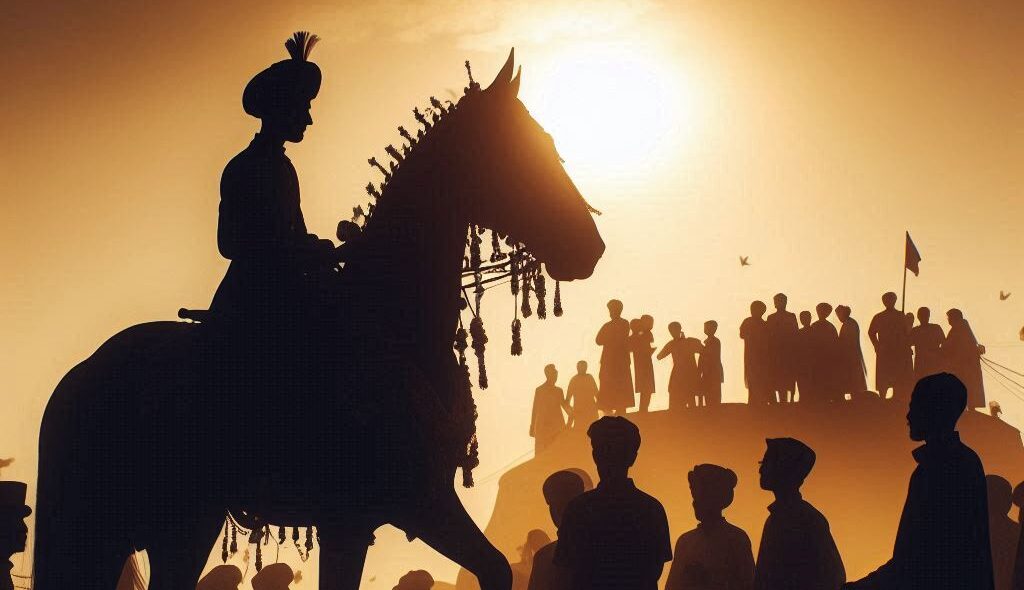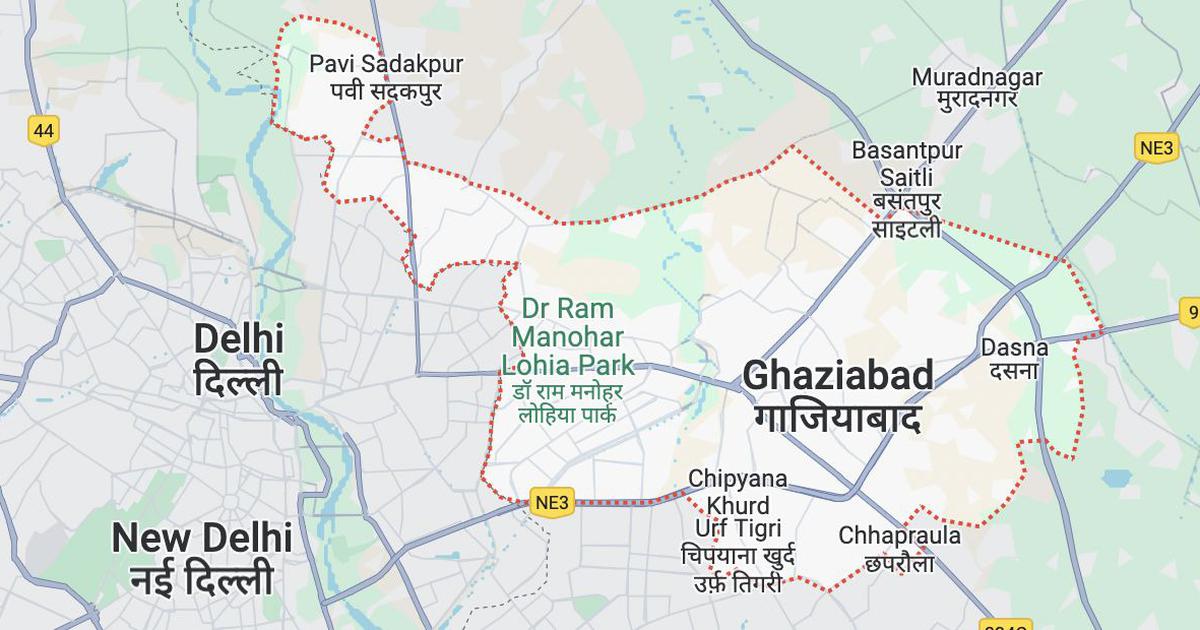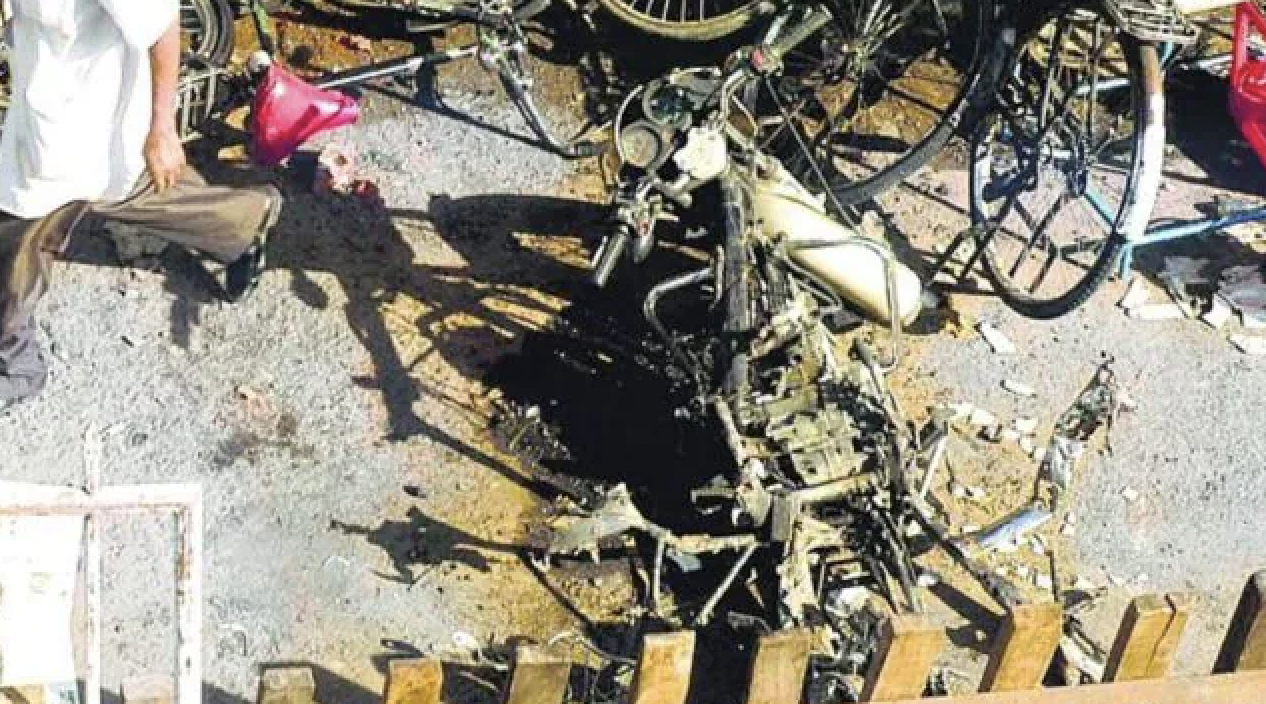By SRISHTI JASWAL
Shamli, Uttar Pradesh: On 9 May 2023, when a court in the western Uttar Pradesh district of Muzaffarnagar held two men guilty of gangraping her a decade ago, the 36-year-old survivor, a tired but determined Muslim woman anonymised in court records as X, could not stop crying.
“These are tears of happiness and justice,” said X, who cannot be identified by law. She sounded cheerful at times but was visibly fatigued, found it hard to keep her eyes open and found it difficult to stand for prolonged periods of time.
“In 10 years, we have seen a lot,” she told Article 14, after first offering namaz following the verdict. We compromised our children’s school for court dates. We were pushed into poverty. Our child had to work to support us.”
A Muslim, X was 26 when she was raped by three Hindu men during communal riots that swept Muzaffarnagar and its neighbouring district, Shamli in August and September 2013. At least 62 died, including 42 Muslims & 20 Hindus. More than 50,000, the majority Muslim, fled their homes.
Recalling the day when she was raped while her first child, then three months old, was held at gunpoint, she said, “That day my child gave me strength. My child who was just an infant then is now grown up (he is now 10).”
“I fought these 10 years for my children,” said X, who now has two more children, aged 13 and six. “So that no one has to face what I faced. Now I just want to focus on my children and their education. I just want to be their mother.”
It’s been almost a decade since the riots, but the memories of that day traumatise her still. When Article 14 met her in April 2022, she wept as she recounted what had happened. More than a year later when this reporter spoke to her, the emotions were as strong as ever.
“What have those men seen in the last 10 years?” X asked, referring to the convicted men. “They were out on bail. Enjoying their lives. Now they should pay for their crimes. Then they would understand what I have gone through. What my family has gone through.”
On 9 May 2023, additional district and sessions judge Anjani Kumar Singh sentenced two men—Sikander and Maheshveer—to 20 years and a fine of Rs 10,000 for rape and another two-year term for criminal intimidation. under the Indian Penal Code, 1860.
‘I Am Not Ready To Take A Step Back’
“I have a lot of strength in me,” X said in April 2022. “Even now I am not ready to take a back step. I am ready to fight this even further. I am fighting so that no woman has to face what I faced.”
“I did not get any support from the community,” said X. “Only my husband helped me in my difficult time. Often people told me that we have filed a false case. It ripped my heart. Why would I file a false case? People said we have done this for money. Today we don’t even have anything to eat. Where is the money?”
The judgement was pronounced four months after X approached India’s Supreme Court in X vs State of Uttar Pradesh, pleading for day-to-day hearing on 8 February 2023, after the judge in her case was transferred for the third time.
The clashes between the Hindu and Muslim communities in UP’s sugarcane belt, populated by Hindu Jat farmers and Muslim farmhands, resulted in at least 62 deaths, the majority of them Muslim. More than 50,000 people, mostly Muslims, were displaced.
How many Muslim women were raped is not known because many rape survivors do not come forward out of fear and social stigma. Independent journalist Neha Dixit’s report published in Outlook in August 2014 said 100 Muslim women, were raped, but only seven women filed police complaints of gang-rapes during the riots.
Six women lived in Fugana village in Muzaffarnagar. X lived in Lakh village in neighbouring Shamli. It was reported that all seven women were married at the time of the incident and came forward with the support of their husbands and families.
Despite the threats, intimidation and her reduced circumstances, X was the only woman who persisted with fighting her case in the lower courts of Muzaffarnagar, seeking shelter with different relatives year after year and relocating three times for her safety.
Her legal battle went for almost 10 years since she attempted to file a police complaint in October 2013, succeeding five months later, in February 2014, after the Supreme Court’s intervention…
This story was originally published in article-14.com. Read the full story here






